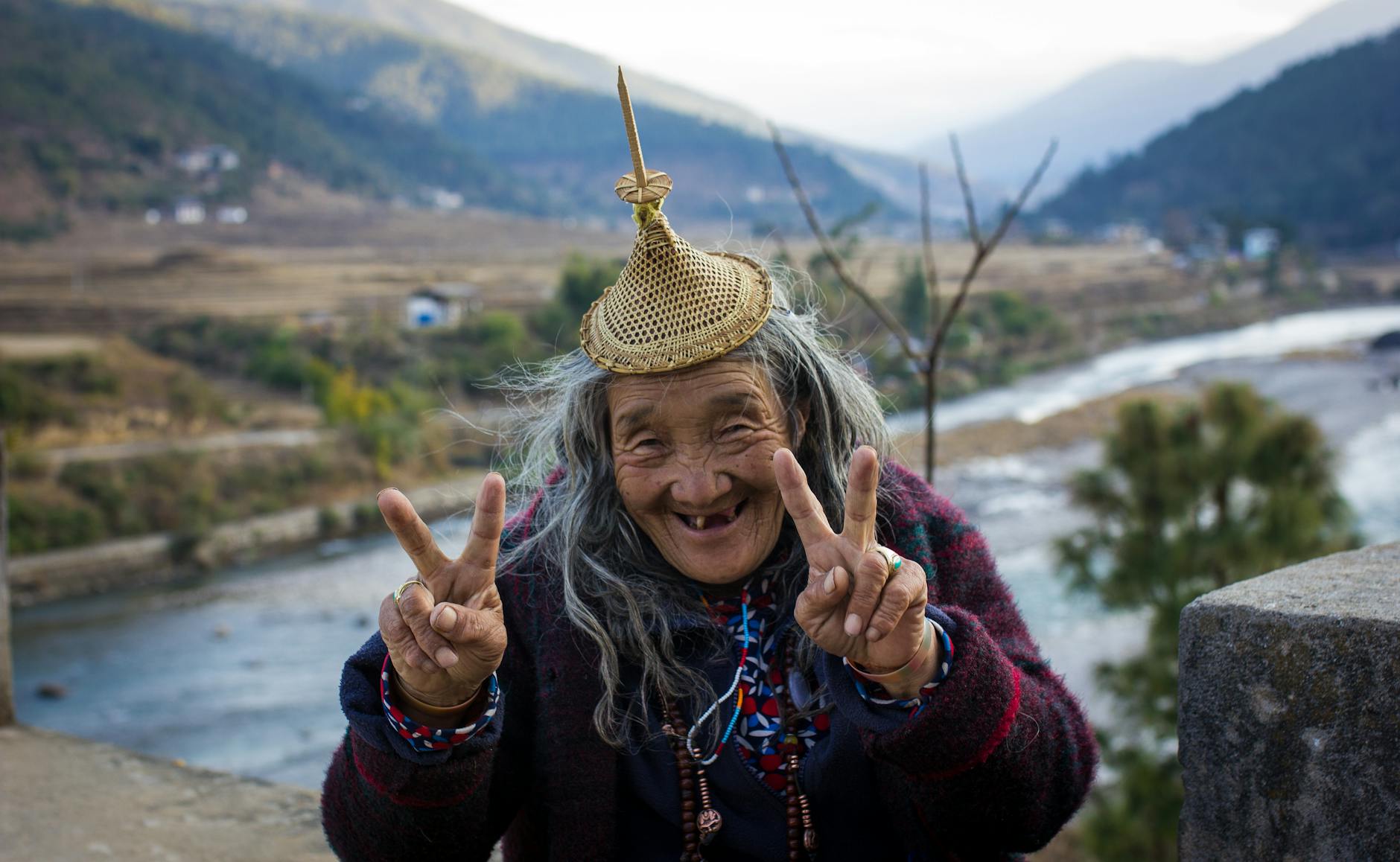Gross national happiness. Or gross global happiness?
How Gross National Happiness Is Paving the Way for a New World
While the world has spent decades relentlessly pursuing GDP—Gross Domestic Product—one small Himalayan kingdom chose a radically different path. Bhutan, nestled between India and China, introduced the groundbreaking concept of Gross National Happiness (GNH) in the 1970s. Rather than measuring prosperity through economic output alone, Bhutan posed a deeper question: What if true wealth was defined by happiness, well-being, and harmony with nature and each other?
At the time, this idea may have seemed quaint, even idealistic. Today, it feels nothing short of visionary.
The Four Pillars of GNH
Bhutan’s GNH framework is built upon four central pillars:
- Sustainable and equitable socio-economic development
- Environmental conservation
- Preservation and promotion of culture
- Good governance
In essence, Bhutan isn’t striving to be the wealthiest country—it’s striving to be the happiest. While critics argue about the economic trade-offs, Bhutan has managed to preserve its pristine forests, maintain strong social cohesion, and foster a profound connection between its people and the environment.
After all, does money really make us happy? Or does it mostly serve to increase stress and anxiety?
A Glimpse into a New Paradigm
In Waking Up, we envision a world where well-being, not monetary wealth, is the driving force. There’s no poverty, no hoarding, no scarcity mindset. It’s a world where humanity has asked—and answered—the same question Bhutan posed fifty years ago: What truly makes life worth living? And then, it has built systems to support that vision.
Could Bhutan be the first step in that direction? A living prototype? Just like the Cities of Light envisioned in Waking Up, Bhutan offers a glimpse that another way is not only possible—it’s already unfolding.
The Message for the World
What if the world followed Bhutan’s example? What if nations measured success not in profits, but in joy? Not in military might, but in the strength of their communities? Not in endless growth, but in balance with the Earth?
This shift may seem utopian. But every great transformation begins with a question that challenges the status quo.
In Waking Up, the world has already made that shift. But here and now, Bhutan is showing us the first steps. The seeds have already been planted.
A Call to Action
The systems we’ve created—monetary, political, societal—are manmade. That means they can be changed. Bhutan reminds us that radical shifts are possible when we dare to think differently.
If you’re curious about what a happier world might look like, or how technology and spiritual awakening could merge to bring us there, dive into Waking Up. The book doesn’t just tell a story—it offers an inspiration.
And if this resonates with you, share it. Talk about it. Imagine with others what a happiness-driven world could look like.
Because, as Bhutan has shown us, every revolution begins in the imagination.
ORDER THE BOOK HERE if you would like to get inspired…



Leave a Reply